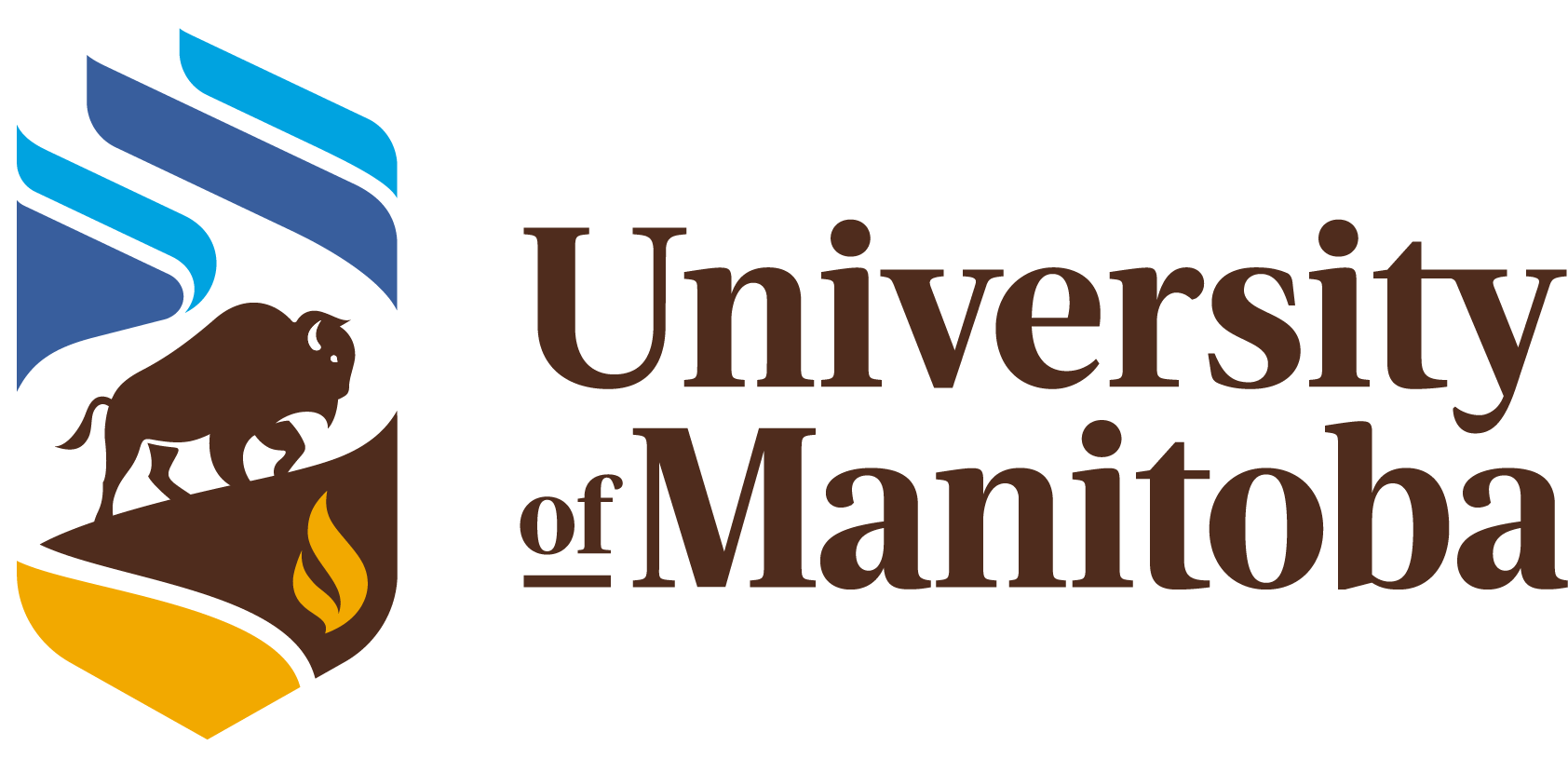|
Maps | CEOS | Dept. of Environment & Geography | Faculty of Environment | Libraries
ENVR4550 Aquatic Chemistry |
||
|
|
|
|
|
|
|
|
|
|
Course Outline (Jan., 2025)
Description This course deals with processes affecting the circulation, speciation, transformation, and bioavailability of chemical species in the aquatic environment. The objective is to develop a theoretical basis for the understanding of transport and transformation of chemicals in natural waters, as well as in engineered wastewater treatment facilities. The course draws primarily on the principles of physical chemistry; however, a fundamental understanding of geology and biology will be very helpful. This course does not have a lab section. Students are strongly encouraged to take the course "Instrumental Analysis" (CHEM3590) which introduces important analytical techniques for environmental studies.
Prerequisite ENVR2550 Environmental Chemistry
Instructor Centre for Earth Observation Science Office: 588 Wallace Building Phone: 474-6250 E-mail: feiyue.wang@umanitoba.ca Web: https://home.cc.umanitoba.ca/~wangf
Lecture Section This is a "readings" course. No classroom lecture will be provided.
Office Hours 11:00-12:00, most of Wednesdays from Jan. 8 to April 9. Or appointment by email.
Optional Textbooks Pankow J.F. 2020. Aquatic Chemistry Concepts, 2nd Edition, CRC Press. Stumm W. and Morgan J.J. 1996. Aquatic Chemistry, 3rd Edition, Wiley.
Additional material will be posted at the course website.
Marks Assignments (3 in total): 60% Final exam: 40%
The Grading Standard for this course is as follows: A+ (90-100%) B (70-74%) D (50-59%) A (80-89%) C+ (65-69%) F (0-49%) B+ (75-79%) C (60-64%)
Policy Regarding Late Assignments Students will not be permitted to write make-up tests or hand in assignments late, except for documented medical or compassionate reasons.
Evaluative Feedback No evaluation will be provided by the voluntary withdrawal date.
Academic Integrity The University of Manitoba regard acts of academic dishonesty in quizzes, tests, examinations, laboratory reports or assignments as serious offences and may assess a variety of penalties depending on the nature of the offence. Acts of academic dishonesty include, but are not limited to bringing unauthorized materials into a test or exam, copying from another individual, using answers provided by tutors, plagiarism, and examination personation. Penalties that may apply, as provided for under the University of Manitoba's Student Discipline Bylaw, range from a grade of zero for the assignment or examination, failure in the course, to expulsion from the University.
Pandemic Statement Should major disruptions to university activities occur as a result of a pandemic, the course content, marks breakdown, and other provisions of this document may be adjusted as the circumstances warrant.
|
|

